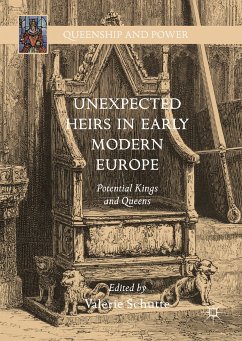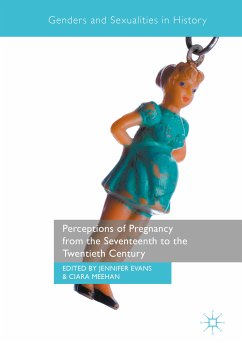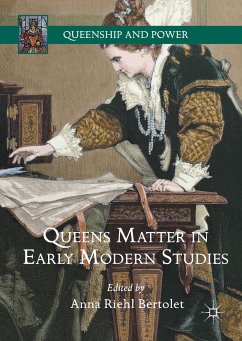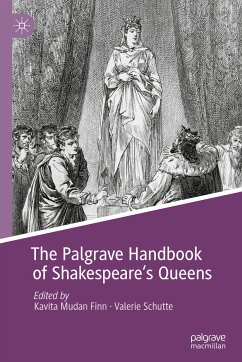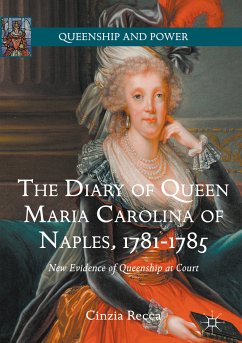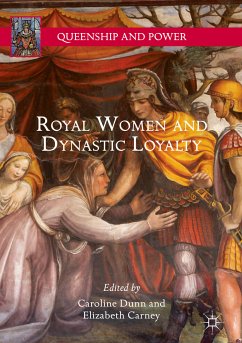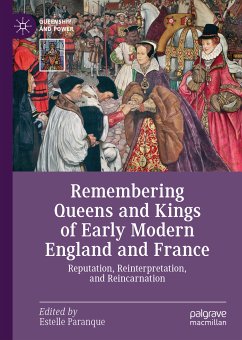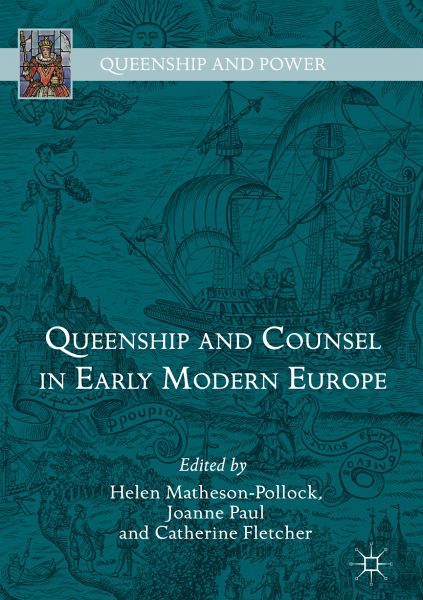
Queenship and Counsel in Early Modern Europe (eBook, PDF)
Versandkostenfrei!
Sofort per Download lieferbar
88,95 €
inkl. MwSt.
Weitere Ausgaben:

PAYBACK Punkte
44 °P sammeln!
Comprises cutting edge research and will appeal to scholars in history, literature, philosophy, and art history
Explores gender roles in the early modern world in politics and diplomacy
Features a strong geographic depth of coverage in both Europe and Latin America
Dieser Download kann aus rechtlichen Gründen nur mit Rechnungsadresse in A, B, BG, CY, CZ, D, DK, EW, E, FIN, F, GR, HR, H, IRL, I, LT, L, LR, M, NL, PL, P, R, S, SLO, SK ausgeliefert werden.




